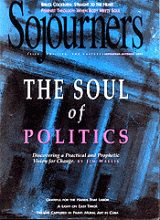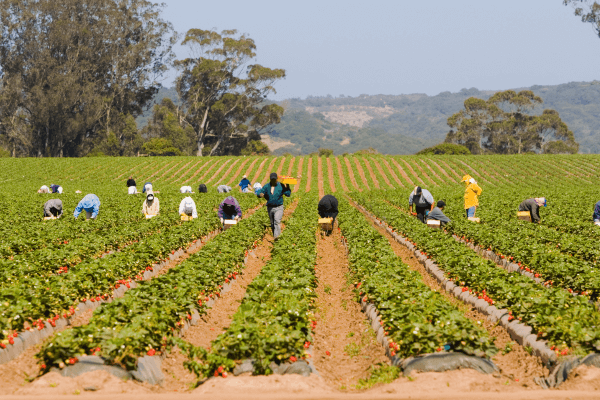Labor Day: Justice. Workers. Solidarity. Sweat of the brow. Sixteen tons and what do you get? Another day older and deeper in debt.
Or...Picnics. Beaches. Hot dogs. TV telethons.
This is the common dilemma of Labor Day. This day of rest, set aside to honor labor, is usually remembered more for the fun things you do on a day off than for the workers it honors. This is certainly not unique—look at Memorial Day or Christmas and how easy it is to be so busy enjoying them that we forget what they're supposed to be about.
Read the Full Article

Already a subscriber? Login
